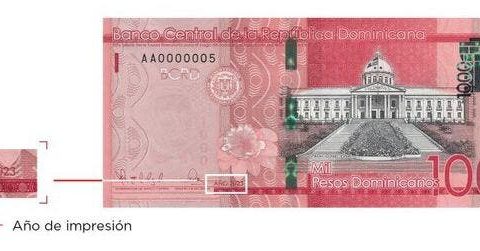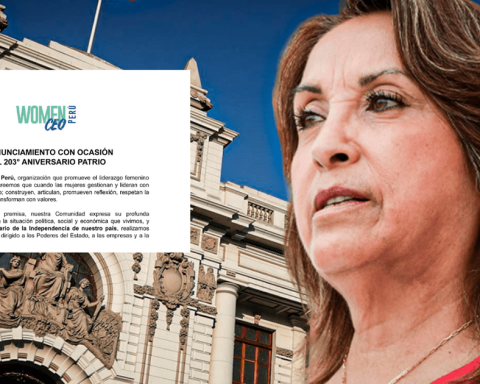The directors of world Bank and of International Monetary Fund warned on Wednesday that interest rate hikes are weighing down Poor countries just as they are dealing with the coronavirus pandemic and inflationary pressures.
There is “a huge accumulation of debt, especially in the poorest countries,” the president of the world Bank, David Malpass. “As interest rates rise, debt pressures are mounting on developing countries and we must urgently find solutions.”
Malpass stated that “the debt crisis” is one of the topics examined in the so-called spring meetings that are taking place this week between the world Bank and the IMF, which were already dominated by grim issues like the war in Ukraine, the coronavirus pandemic and the sluggish global economy.
IMF chief Kristalina Georgieva said Wednesday that 60% of low-income countries are in a “debt crisis,” meaning their debt payments are equal to half the value of their national economies.
Countries that can barely pay their creditors will not be able to help their most needy citizens at a time when the war in Ukraine is disrupting food shipments and driving up grocery prices.
Several countries around the world went into debt in order to finance their national response to the pandemic and cushion the economic crises caused by collective confinements.
The IMF calculates that, in low-income countries, debt payments will be more than 50% of their gross domestic product this year, compared to 44% in 2019.
Massive international economic assistance took effect, sparking an unexpectedly quick recovery from the 2020 recession.
However, the recovery caught businesses by surprise and sudden consumer demand caused snags at factories, ports and loading sites. Shipments slowed down and prices went up.
The IMF forecasts that consumer prices will rise by 8.7% this year in developing countries and 5.7% in developed countries, their highest figures since 1984.
The world’s central banks have responded to this dilemma by raising interest rates, in order to ward off inflation, but rate increases will aggravate the debt burden, particularly in Poor countries.
As rates rise in the United States, they will likely attract investors there, away from the Poor countries. This could depress the currencies of less favored countries and force them to pay more for food and other imported products.

















